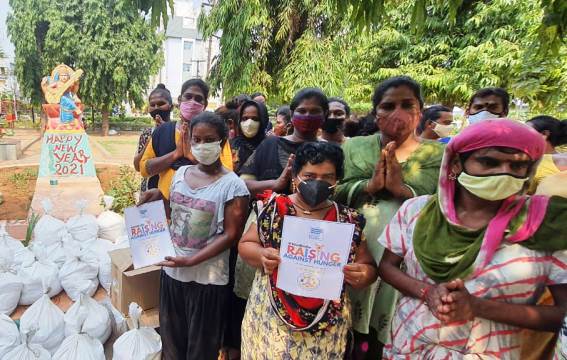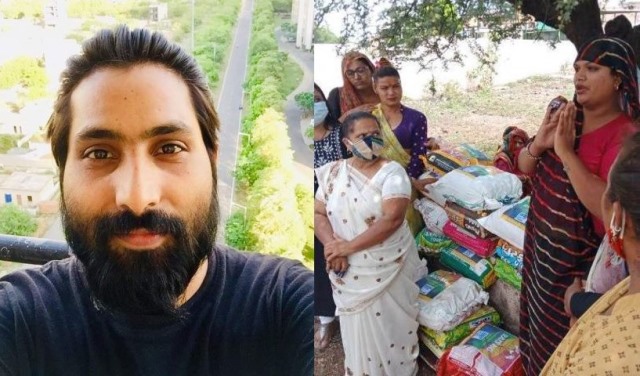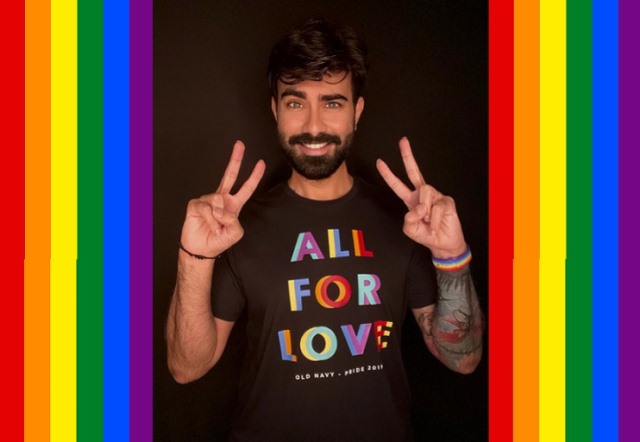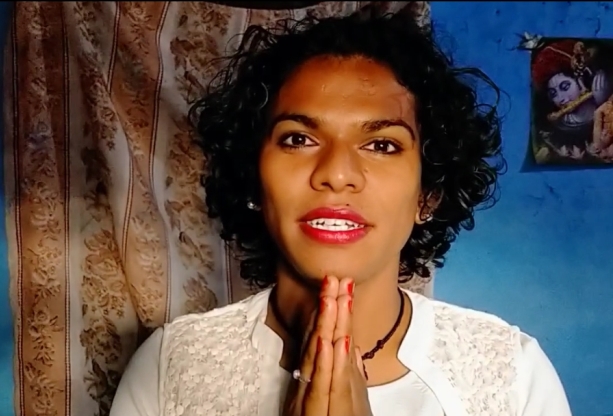Manoj Pachauri, founder of NGO Socio Story Foundation, found the transgender as one of the most vulnerable sections amid Covid. Pachauri discloses his work to make the community self-sustainable
I am an MBA graduate who was drawn to social sector. When I started the NGO, SocioStory to help social enterprises through mentorship and other support, I never thought that in a couple of years, I would witness a pandemic crisis of such magnitude. Like many other NGOs, we too decided to use our resources to help those affected by the virus and the nationwide lockdown.
Thus, we began to distribute food and other essential items to the vulnerable during the first wave amid largescale migration and oxygen concentrators during the second wave. It was during the first wave that we were contacted by several members of the transgender community (Hijras) that there were many of them who had run out of supplies and needed urgent help.
The Hijra community in India usually have no other vocation and live off on charity. Their primary source of income is begging on traffic signals or dancing at people’s wedding or childbirth. When the lockdown was imposed, their earnings stopped. Their neighbours, who had helped them for some time, were themselves running short of money and ration.

So we decided to pull all our strength and lay extra focus on the community. We first identified the pockets where the transgender community members lived in clusters. Then we went to these areas to assess their situation and create some data. We found that many were skipping meals and drinking water to supress the hunger pangs. Some were trying to sell their belongings in return of food. They were in a crisis situation. This was the case in all the cities where we were operating.
ALSO READ: A Police Cap Gives Me Life Beyond Begging & Badhai
We arranged help for over 10,000 transgender people across Vizag, Rajkot, Mumbai, Bangalore and Delhi-NCR by continuously distributing ration kits, sanitizers and other medicines for them to survive the pandemic. We tried to keep them fed through crowdfunding till the Unlock progressed. I would here also thank all the donors who came forward to support the community in the times of crisis.
However, we realised our job was not over simply by feeding them during one lockdown. What will they do if another lockdown is imposed tomorrow? These people will be in the same condition again. So we devised and launched a skill-based programme to make transgender people employable and self-sustainable. The effort required two-way approach. While we trained the willing members of the community, we also approached the employers for acceptability.
The society needs to accept the members of transgender community as their own. We need to value their self-esteem and treat them as fellow human beings. If there is a job vacancy in any private company, they should make a mention that they also accept applications from the members of transgender community. Getting quality schooling and college education is also a challenge for this community and we are working to provide them both education and skills to get respectable employment.






